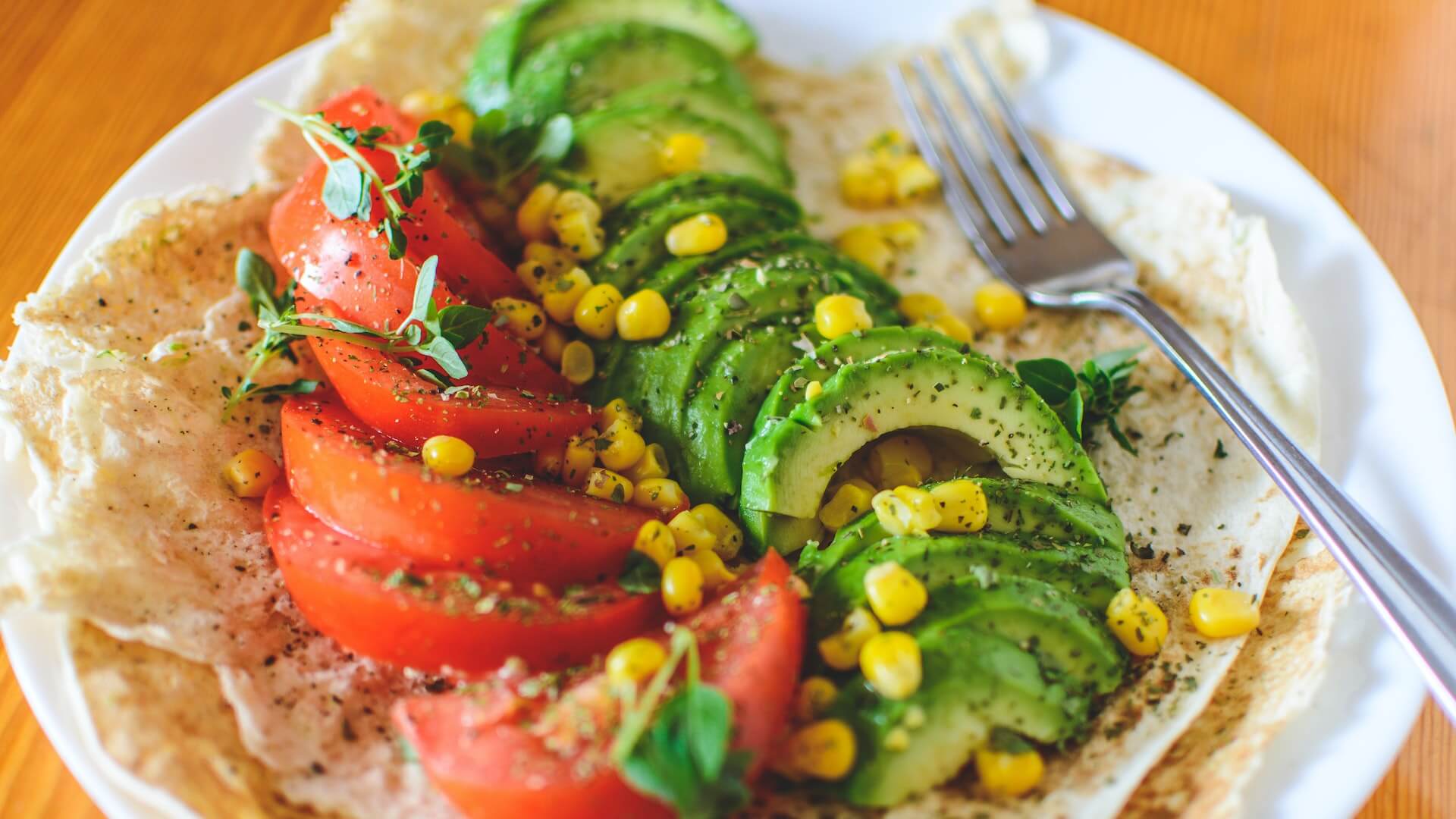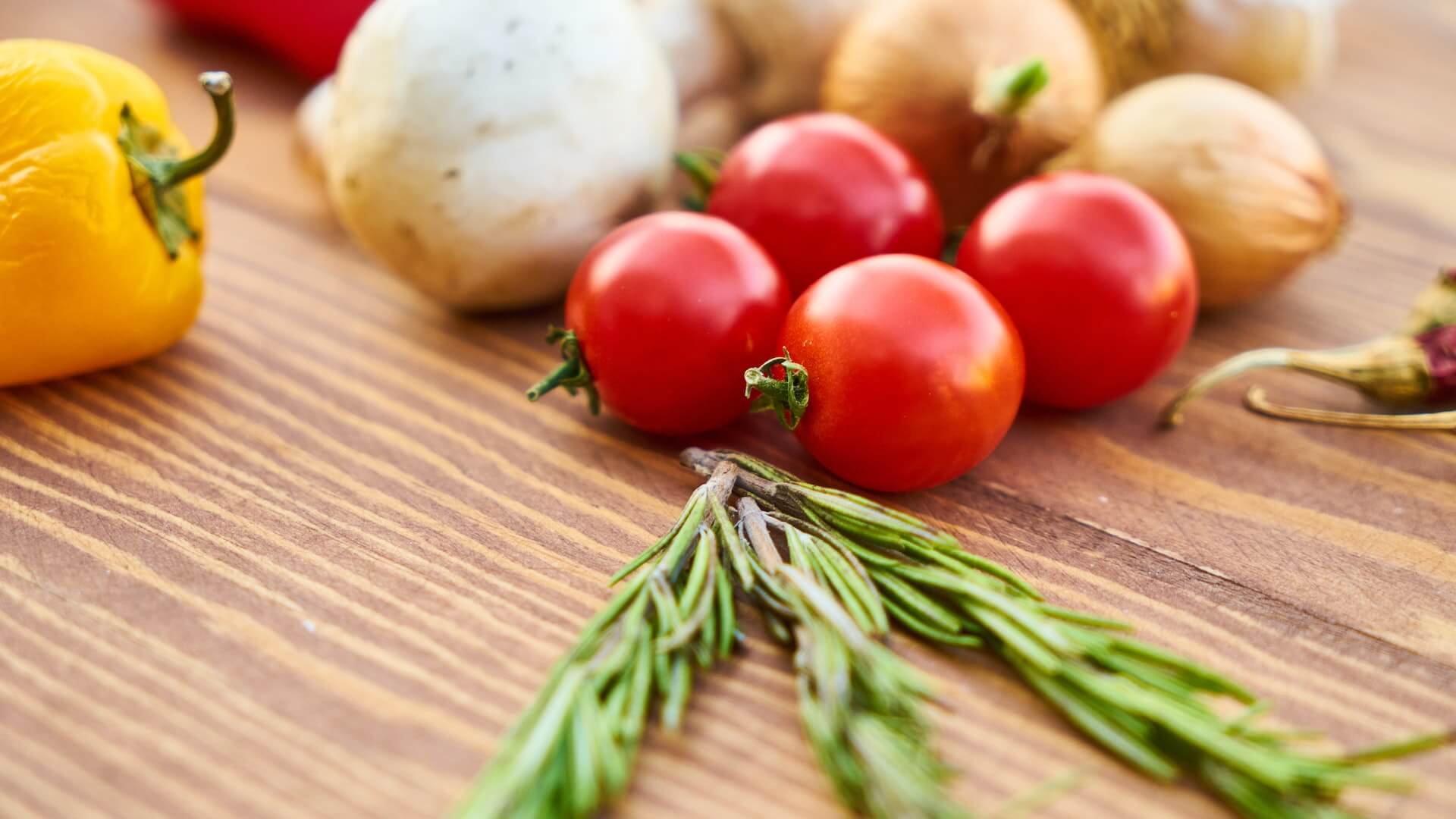Adopting a vegan lifestyle has become increasingly popular over recent years. Many people are now choosing a plant-based diet for ethical, environmental, and health reasons. Going vegan can seem like a daunting task, but with the right guidance, it can be an easy and enjoyable transition. In this ultimate guide, we will explore all the benefits of a vegan lifestyle, from improving your overall health to reducing your carbon footprint and saving animals. We will also provide you with some delicious vegan recipes, tips on how to eat out, and how to get all the necessary nutrients your body needs. By the end of this guide, you will have all the tools you need to embrace a delicious vegan lifestyle.
Introduction: The rise of veganism and why it’s important
In recent years, there has been a significant rise in the popularity of veganism. More and more individuals are embracing this lifestyle, not only for its health benefits but also for its positive impact on the environment and animal welfare. Veganism, which involves abstaining from the consumption of animal-based products, has transformed from a niche movement to a mainstream phenomenon.
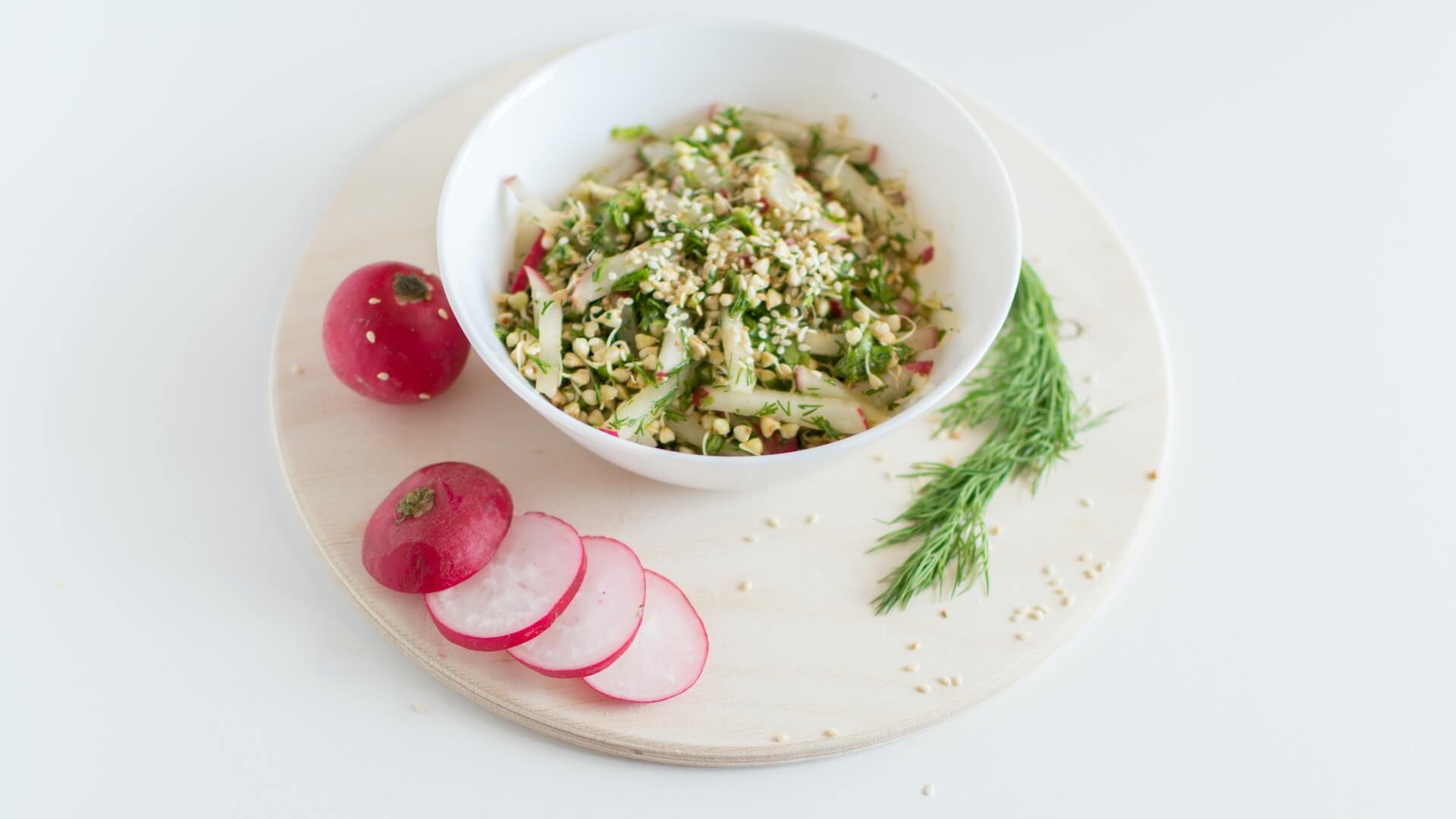
One of the main reasons behind the surge in veganism is the growing awareness of the detrimental effects of animal agriculture on the planet. The livestock industry is a significant contributor to greenhouse gas emissions, deforestation, and water pollution. By adopting a vegan lifestyle, individuals can reduce their carbon footprint and make a positive difference in mitigating climate change.
Moreover, veganism aligns with the ethical concerns surrounding animal welfare. Many people are becoming increasingly conscious of the cruelty involved in factory farming and the exploitation of animals for various products. By choosing a vegan lifestyle, individuals can actively contribute to the compassionate treatment of animals and promote a more humane world.
Aside from the environmental and ethical factors, the health benefits associated with a vegan diet cannot be overlooked. Research has shown that a well-balanced plant-based diet can provide all the necessary nutrients, including protein, vitamins, and minerals. It has been linked to a reduced risk of chronic diseases, such as heart disease, obesity, and certain types of cancer. Additionally, a vegan diet can improve digestion, boost energy levels, and enhance overall well-being.
Understanding the vegan lifestyle: What does it mean to be vegan?
At its core, veganism is a lifestyle that seeks to exclude the use of any animal products or by-products in all aspects of life, including food, clothing, cosmetics, and more. It is a conscious choice that stems from a deep respect for animal rights, environmental sustainability, and personal health.
When it comes to food, vegans avoid all animal-derived ingredients such as meat, poultry, fish, dairy, eggs, honey, and even gelatin. Instead, they opt for a plant-based diet that includes a wide variety of fruits, vegetables, legumes, grains, nuts, and seeds. This not only provides ample nutrition but also allows for endless creativity in the kitchen, with countless vegan recipes and alternatives available.
Being vegan extends beyond the plate and transcends into other aspects of life. It means choosing cruelty-free and vegan-friendly clothing, accessories, and personal care products. It involves being mindful of the impact our choices have on the environment and seeking sustainable alternatives whenever possible.
Embracing a vegan lifestyle is not just about what you give up; it’s about what you gain. By choosing to be vegan, you contribute to a more ethical and compassionate world, where animals are treated with kindness and respect. Additionally, a well-planned vegan diet can offer numerous health benefits, including lower risks of heart disease, certain cancers, and type 2 diabetes.
While veganism may seem daunting at first, with the right knowledge and resources, it becomes an exciting and fulfilling journey. Exploring new flavors, discovering plant-based alternatives, and connecting with a vibrant community of like-minded individuals are all part of the joy of embracing this lifestyle.
The benefits of a vegan lifestyle for your health and the environment
Embracing a delicious vegan lifestyle not only opens the door to a world of unique flavors and culinary experiences but also brings with it a multitude of benefits for both your health and the environment.
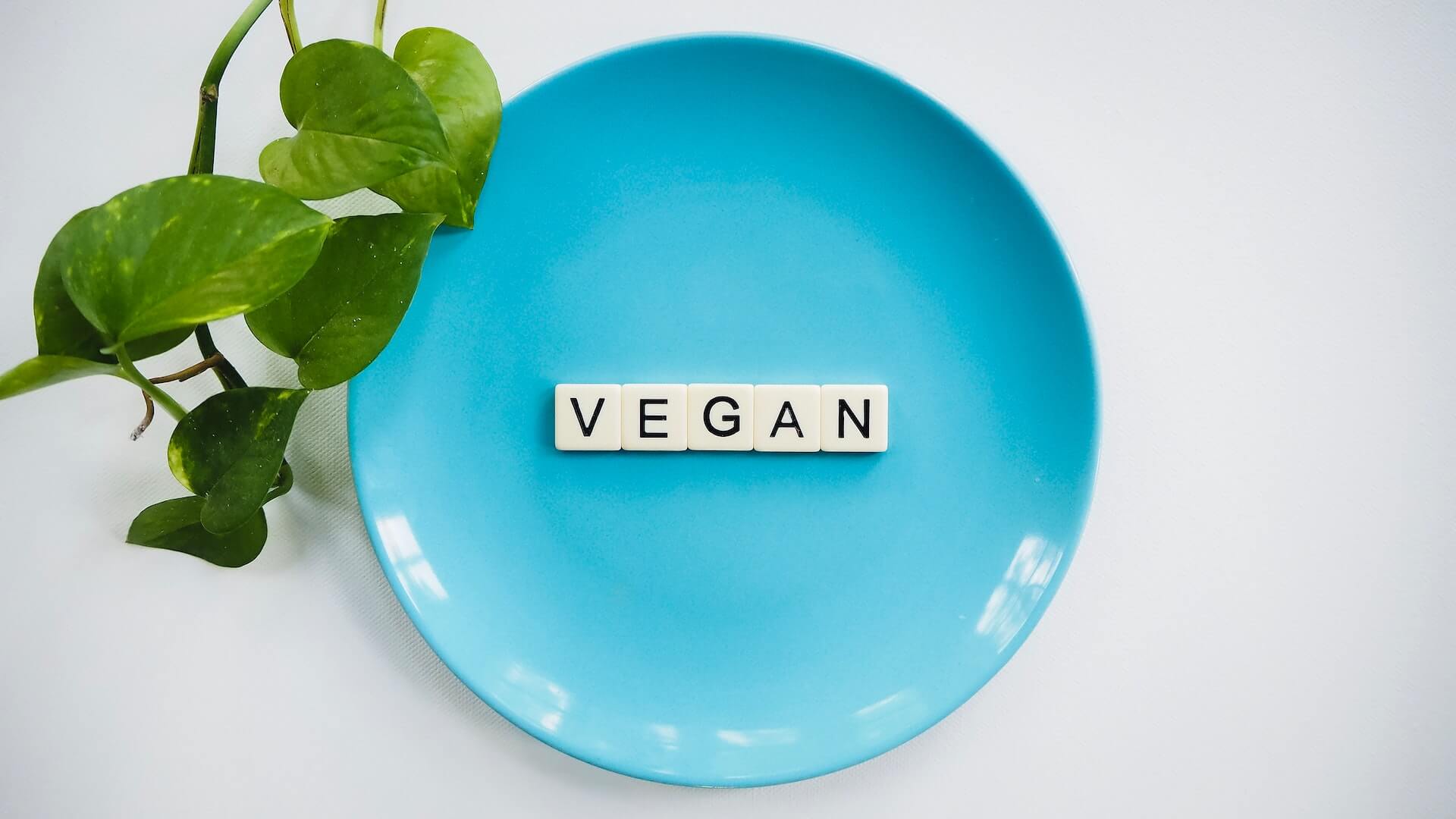
One of the key advantages of adopting a vegan lifestyle is the positive impact it can have on your overall health. Studies have shown that a well-balanced vegan diet, rich in fruits, vegetables, whole grains, and plant-based proteins, can contribute to lower risks of heart disease, high blood pressure, type 2 diabetes, and certain types of cancer. By eliminating animal products from your diet, you can also reduce your intake of saturated fats and cholesterol, while increasing your intake of fiber, antioxidants, and essential nutrients.
Not only does a vegan diet promote personal health, but it also plays a significant role in preserving the health of our planet. Animal agriculture is a major contributor to greenhouse gas emissions, deforestation, and water pollution. By choosing to follow a vegan lifestyle, you are actively reducing your carbon footprint and helping combat climate change. Additionally, the production of plant-based foods requires fewer resources, such as land, water, and energy, making it a more sustainable and environmentally-friendly choice.
Moreover, embracing a vegan lifestyle can also have a positive impact on animal welfare. By abstaining from consuming animal products, you are taking a stand against the cruel practices often associated with factory farming and supporting a more compassionate way of living. This decision contributes to the promotion of ethical treatment for animals and fosters a greater sense of harmony between humans and the natural world.
Debunking common myths and misconceptions about veganism
Many people have preconceived notions about what it means to be vegan, often fueled by misinformation or stereotypes. In this section, we will debunk some of these misconceptions, allowing you to embrace a delicious vegan lifestyle with a clear understanding.
One prevalent myth is that a vegan diet lacks essential nutrients and protein. However, with careful planning and a varied selection of plant-based foods, it is entirely possible to meet all your nutritional needs on a vegan diet. Plant-based sources such as legumes, tofu, tempeh, quinoa, and nuts can provide an abundance of protein. Additionally, fortified plant-based milk alternatives, like soy or almond milk, can offer essential vitamins and minerals, including calcium and vitamin B12.
Another misconception is that vegan food is bland and boring. On the contrary, a vegan lifestyle offers a myriad of flavors and culinary experiences. By exploring the vast array of fruits, vegetables, whole grains, herbs, and spices, you can create vibrant and satisfying meals. Vegan cooking allows for creativity and experimentation, with endless possibilities for delicious dishes, from hearty stews to vibrant stir-fries and decadent desserts.
Some people believe that veganism is expensive, but this is not necessarily true. While specialty vegan products and plant-based alternatives can be pricier, a plant-based diet based on whole foods can be cost-effective. Focusing on staples like grains, legumes, fruits, and vegetables can be budget-friendly and nutritious. Shopping at local farmers’ markets and buying in-season produce can also help reduce costs.
Lastly, there is a misconception that veganism is restrictive and limits dining-out options. While it’s true that some restaurants may have limited vegan choices, the vegan movement has gained significant momentum, resulting in a growing number of vegan-friendly eateries. Many establishments now offer dedicated vegan menus or clearly label their vegan options. Additionally, with increased awareness, it is becoming easier to communicate dietary preferences to chefs, who are often willing to accommodate vegan requests.
Transitioning to a vegan diet: Tips for beginners
Transitioning to a vegan diet can be an exciting and rewarding journey. Whether you’re motivated by ethical reasons, health concerns, or simply a desire to explore new flavors, embracing a delicious vegan lifestyle is easier than ever before. However, for beginners, it can also be overwhelming to navigate this new dietary landscape. That’s why we’ve compiled a list of helpful tips to make your transition to a vegan diet smooth and enjoyable.
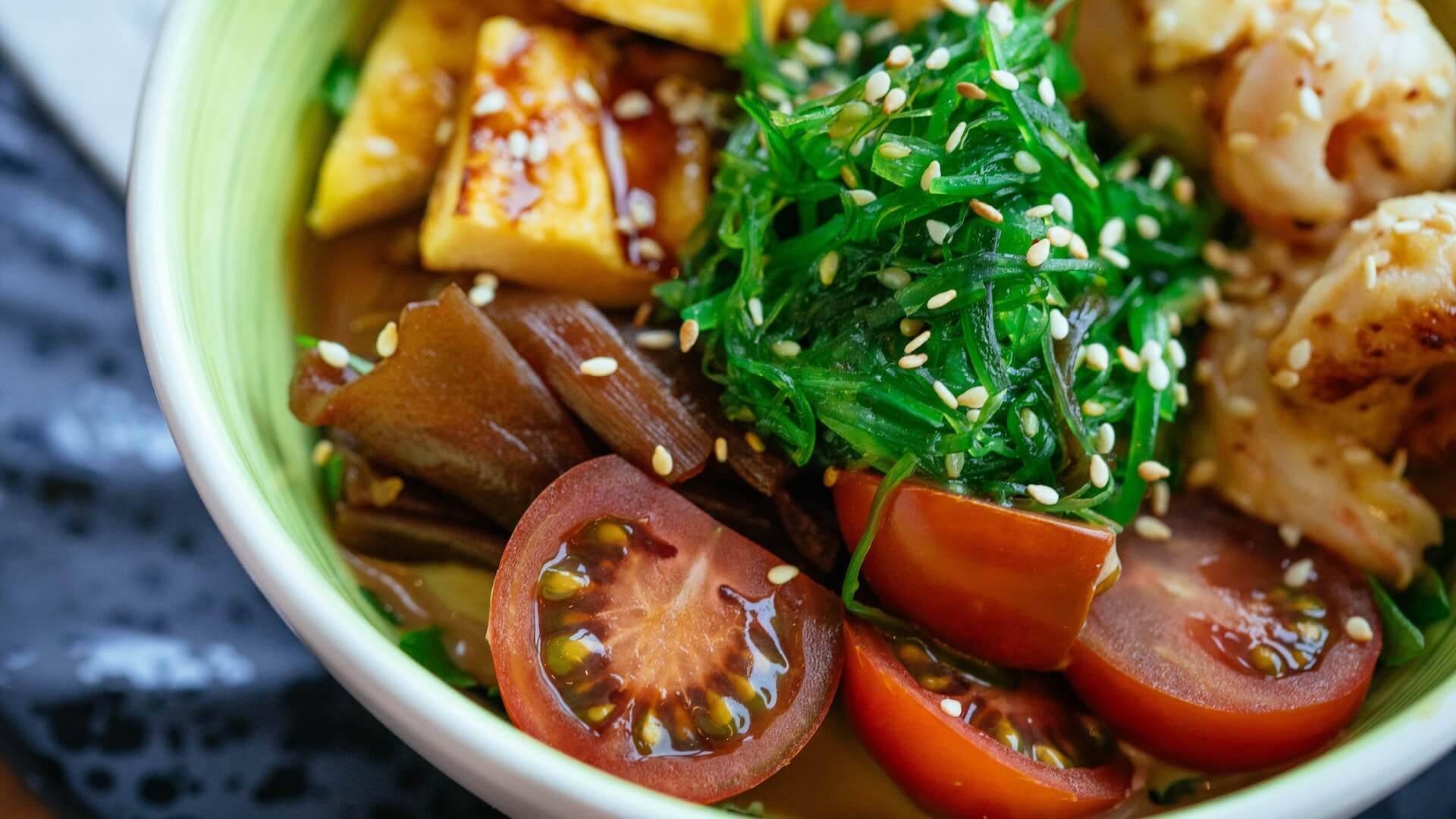
1. Educate yourself:
Take the time to learn about the principles and benefits of veganism. Understand the impact of animal agriculture on the environment, as well as the health advantages of a plant-based diet. This knowledge will help reinforce your commitment and provide you with the motivation you need.
2. Start gradually:
Instead of diving headfirst into a completely vegan diet, consider easing into it by gradually replacing animal products with plant-based alternatives. Start by incorporating more fruits, vegetables, legumes, and whole grains into your meals, and gradually reduce your consumption of meat, dairy, and eggs.
3. Experiment with new recipes:
One of the most exciting aspects of transitioning to a vegan diet is the opportunity to explore a wide range of plant-based flavors. Experiment with new recipes and try out vegan versions of your favorite dishes. Don’t be afraid to get creative in the kitchen and discover the abundance of delicious options available to you.
4. Seek support:
Join online vegan communities, forums, or local meetups to connect with like-minded individuals who can offer guidance, share their experiences, and provide support during your journey. Having a support system can make a significant difference, especially during the initial stages of transitioning to a vegan lifestyle.
5. Focus on nutrient-dense foods:
A well-planned vegan diet can provide all the necessary nutrients your body needs. However, it’s important to pay attention to certain nutrients, such as protein, iron, calcium, and vitamin B12. Incorporate a variety of plant-based protein sources, such as beans, lentils, tofu, and tempeh, and ensure you’re getting enough iron from sources like leafy greens and legumes. Consider supplements for vitamin B12, as it is primarily found in animal products.
6. Embrace whole foods:
Instead of relying on processed vegan alternatives, prioritize whole, unprocessed foods. This will not only ensure you’re getting a wide range of nutrients but also promote overall health and well-being.
Vegan pantry essentials: Stocking your kitchen with plant-based staples
When transitioning to a vegan lifestyle, stocking your kitchen with the right plant-based staples is crucial. These essentials will not only form the foundation of your vegan cooking but also ensure that you have a variety of nutritious and delicious options at your fingertips.
First and foremost, make sure your pantry is well-stocked with a variety of grains and legumes. Quinoa, brown rice, lentils, chickpeas, and black beans are versatile ingredients that can be used in a multitude of recipes, from salads to stir-fries and stews.
Next, don’t forget about the power of nuts and seeds. Almonds, cashews, walnuts, chia seeds, and flaxseeds are excellent sources of plant-based protein, healthy fats, and essential nutrients. They can be used in everything from homemade nut milks and creamy sauces to energy-packed snacks and flavorful toppings for salads or oatmeal.
A wide range of herbs and spices is essential for adding depth and flavor to your vegan dishes. Cumin, turmeric, paprika, cinnamon, and nutritional yeast are just a few examples of pantry staples that can take your meals to the next level. They can be used to create aromatic curries, flavorful marinades, and zesty dressings.
In addition to these essentials, it’s important to have a variety of plant-based milk alternatives on hand. Whether you prefer almond, soy, oat, or coconut milk, having options available will ensure that you can enjoy creamy smoothies, lattes, and desserts without compromising your vegan lifestyle.
Lastly, don’t forget about the importance of stocking your pantry with an assortment of condiments and sauces. Tamari or soy sauce, balsamic vinegar, tahini, and nutritional yeast are just a few examples of pantry staples that can add depth and flavor to your vegan creations.
Embracing vegan cooking: Exploring delicious and nutritious plant-based recipes
Embracing a vegan lifestyle doesn’t mean sacrificing flavor or variety in your meals. In fact, it opens up a whole new world of delicious and nutritious possibilities in the kitchen. Exploring plant-based recipes can be a fun and exciting way to discover new flavors, ingredients, and culinary techniques.

One of the great things about vegan cooking is the abundance of fresh fruits, vegetables, grains, legumes, and spices that can be used to create mouthwatering dishes. From vibrant salads bursting with color and texture to hearty and satisfying stews packed with protein-rich beans and lentils, there is no shortage of options to choose from.
Start by experimenting with different cuisines that naturally feature plant-based dishes. Mediterranean cuisine, for example, offers a wealth of flavors and ingredients that can be easily adapted to a vegan diet. Think fragrant herb-infused roasted vegetables, tangy hummus and tzatziki dips, and hearty grain-based salads.
Don’t be afraid to think outside the box and get creative with your ingredients. Replace dairy milk with creamy alternatives like almond or oat milk in your smoothies or baked goods. Swap out traditional meat-based proteins with options like tofu, tempeh, or seitan, which can be marinated and seasoned to perfection.
Explore the world of plant-based proteins beyond just tofu. Legumes like chickpeas, lentils, and black beans are not only packed with nutrients but also provide a satisfying texture and taste in dishes like veggie burgers, curries, and soups. Whole grains like quinoa, bulgur, and farro can add depth and heartiness to your meals.
Additionally, herbs, spices, and condiments play a crucial role in elevating the flavors of vegan dishes. Experiment with aromatic spices like cumin, turmeric, and paprika to add warmth and depth. Fresh herbs like basil, cilantro, and mint bring brightness and freshness to your meals. And don’t forget about the power of sauces and dressings – a tangy tahini dressing or a zesty tomato sauce can take a dish from good to exceptional.
Navigating social situations: How to handle dining out and family gatherings as a vegan
Dining out at restaurants or attending family gatherings where animal-based foods are the norm can sometimes leave you feeling isolated or unsure of what to do. However, with a little preparation and confidence, you can comfortably navigate these situations while staying true to your vegan values.
When dining out, it’s important to research and choose vegan-friendly restaurants beforehand. Check out their menus online or call ahead to inquire about vegan options. Many restaurants now have dedicated vegan menus or are willing to accommodate dietary preferences upon request. If you’re unable to find a vegan-friendly restaurant, don’t hesitate to ask your server for modifications to existing dishes. Most establishments are happy to accommodate your needs, especially if you communicate your dietary preferences politely and clearly.
Family gatherings can be a bit trickier, as traditional meals often revolve around meat and dairy-based dishes. In these situations, it’s helpful to have open and honest conversations with your family members about your vegan lifestyle. Let them know in advance that you follow a vegan diet and ask if they would be willing to provide vegan options or allow you to bring a dish to share. It’s important to approach these conversations with respect and understanding, as others may not be familiar with veganism or its principles.
If you find yourself at a gathering where vegan options are limited, focus on the available plant-based foods. Load up on vegetables, fruits, grains, and legumes. You can also bring a vegan dish to share, not only to ensure you have something to eat but also to introduce others to delicious vegan cuisine. This can be an opportunity to showcase how satisfying and flavorful vegan meals can be.
Finding vegan alternatives: Exploring plant-based substitutes for meat, dairy, and eggs
One of the common challenges that individuals face when transitioning to a vegan diet is finding suitable alternatives for meat, dairy, and eggs. However, with the growing popularity of plant-based diets, there is now an abundance of delicious and nutritious vegan alternatives readily available.

When it comes to replacing meat, there are numerous options to consider. Plant-based proteins such as tofu, tempeh, and seitan offer excellent alternatives and can be used in a variety of dishes. These alternatives not only provide the necessary protein but also offer different textures and flavors to enhance your meals. Additionally, legumes like lentils, chickpeas, and black beans are fantastic sources of protein that can be used in dishes like burgers, chili, and stews.
Dairy products can be easily substituted with a wide range of plant-based alternatives. Almond milk, soy milk, oat milk, and coconut milk are just a few examples of dairy-free milk options that can be used in cooking, baking, or enjoyed on their own. For those who enjoy cheese, there are numerous vegan cheese options available, made from ingredients like nuts, soy, or tapioca starch. These vegan cheeses come in a variety of flavors and can be used in sandwiches, pizzas, or as a topping for salads.
Finding an alternative to eggs might seem challenging, but there are several options to explore. One popular substitute is flaxseed or chia seed mixed with water, which creates a gel-like consistency that can be used in baking recipes. Another option is using mashed bananas or applesauce as a binding agent in recipes that call for eggs. Additionally, there are now commercial egg replacers available in stores that can be used for various baking purposes.
Living a holistic vegan lifestyle: Incorporating ethical fashion and cruelty-free products
Living a holistic vegan lifestyle goes beyond just the food we consume. It extends to other aspects of our lives, such as the clothes we wear and the products we use. Incorporating ethical fashion and cruelty-free products into our daily routines is an essential part of embracing a truly compassionate and sustainable lifestyle.
Ethical fashion is all about choosing clothing that is made with respect for both people and the environment. This means opting for brands that prioritize fair labor practices, use sustainable materials, and avoid harmful chemicals in their production processes. By supporting ethical fashion brands, we can contribute to a more humane and eco-friendly fashion industry.
Cruelty-free products, on the other hand, are those that are not tested on animals and do not contain any animal-derived ingredients. This includes not only beauty and skincare products but also household cleaners, personal care items, and even pet supplies. By choosing cruelty-free options, we can promote the well-being of animals and minimize our impact on their lives.
Fortunately, the market for ethical fashion and cruelty-free products has been steadily growing, offering a wide range of choices for those seeking to align their values with their lifestyle. Many brands now proudly display certifications and labels indicating their commitment to ethical practices and cruelty-free formulations. It’s important to research and educate ourselves about these labels to ensure that we are making informed choices.
Incorporating ethical fashion and cruelty-free products into our lives may require some adjustments at first, but the benefits are numerous. Not only are we making a positive impact on the lives of animals and the environment, but we are also supporting businesses that strive to create a more sustainable and compassionate world.
Resources and further reading for embracing a delicious vegan lifestyle
To help you on your journey, we have compiled a list of valuable resources and further reading materials that will provide you with the knowledge and inspiration you need.
1. Vegan Cookbooks:
A great way to explore the world of vegan cuisine is through cookbooks. Some popular options include “Thug Kitchen: Eat Like You Give a F*ck” by Thug Kitchen, “Oh She Glows Every Day” by Angela Liddon, and “Veganomicon” by Isa Chandra Moskowitz and Terry Hope Romero. These cookbooks offer a wide range of delicious and nutritious plant-based recipes to satisfy your taste buds.
2. Online Recipe Blogs:
In addition to cookbooks, there are numerous vegan recipe blogs available online. Minimalist Baker, Vegan Richa, and Oh She Glows are just a few examples of blogs that offer a variety of mouthwatering vegan recipes. These blogs often provide step-by-step instructions, ingredient substitutions, and helpful tips to make your cooking experience enjoyable and successful.
3. Vegan Nutrition Guides:
Understanding the nutritional aspects of a vegan lifestyle is crucial for maintaining a well-balanced diet. Books like “Becoming Vegan: Comprehensive Edition” by Brenda Davis and Vesanto Melina, and “The Vegan Starter Kit: Everything You Need to Know About Plant-Based Eating” by Neal D. Barnard, M.D., can provide you with valuable insights into vegan nutrition, including essential nutrients, meal planning, and optimizing your health.
4. Podcasts and YouTube Channels:
If you prefer audio or visual content, there are several vegan-focused podcasts and YouTube channels that offer informative discussions, interviews, and recipe demonstrations. Some popular options include “The Rich Roll Podcast,” “The Vegan View,” and “Hot for Food.” These platforms not only provide educational content but also connect you with a supportive community of like-minded individuals.
5. Vegan Organizations and Websites:
Organizations like The Vegan Society, PETA, and Mercy For Animals are excellent resources for vegan lifestyle information. Their websites offer a wealth of resources, including starter guides, tips for transitioning, ethical considerations, and information about the environmental impact of animal agriculture.
Conclusion
Transitioning to a vegan lifestyle can seem overwhelming at first, but with the tips and advice provided in this blog post, you have all the tools you need to make the switch with confidence. Whether you’re a lifelong vegan looking for new recipes or someone curious about incorporating more plant-based meals into your diet, we believe that embracing a vegan lifestyle can be a truly rewarding and delicious experience. So, get ready to explore the amazing world of plant-based cuisine and enjoy a healthier, more compassionate way of living. Bon appétit!

